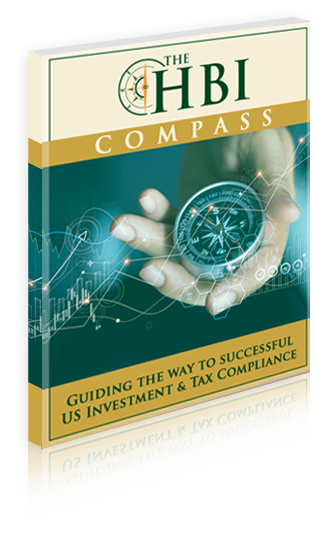With the 2023 tax filing season quickly approaching, taxpayers need to be aware of the latest updates and changes from the IRS. The IRS has made significant changes to its online account system, refund timing, and reporting thresholds for third-party settlement organizations, among others. Let’s break down the key IRS news for filing 2023 taxes.
IRS Online Account Enhancements
Taxpayers and Individual Taxpayer Identification Number (ITIN) holders can now access their online account and view, approve, and electronically sign power of attorney and tax information authorizations from their tax professional. This new enhancement not only streamlines the process for taxpayers but also allows for better communication and collaboration between taxpayers and their tax professionals.
In addition, the online account also allows individuals to view their tax owed and payment history, request tax transcripts, and view or apply for payment plans. Taxpayers can also save multiple bank accounts in their online account, eliminating the need to enter bank account information each time a payment is made.
Refund Timing and Avoiding Delays
Another important issue to consider when filing for 2023 taxes is refund timing. While the IRS issues most refunds in less than 21 days, taxpayers should not rely on receiving their refund by a certain date, especially when making major purchases or paying bills. The IRS notes that some returns may require additional review and may take longer to process, particularly in cases of suspected identity theft or fraud.
Taxpayers should also be aware that the last quarterly payment for 2023 is due on January 16, 2024. Taxpayers need to consider additional tax payments if they have non-wage income from sources such as unemployment, self-employment, annuity income, or digital assets. Utilizing the Tax Withholding Estimator can help taxpayers determine if they need to make additional tax payments to avoid any surprises when they file.
Gathering 2023 Tax Documents
To avoid any processing or refund delays, taxpayers should gather all necessary tax documents for 2023. This includes year-end income documents such as Forms W-2 and 1099, as well as records for any digital asset transactions. Keeping all important information in one place will make the filing process smoother and more accurate.
1099-K Reporting Threshold Delay
In response to feedback from taxpayers and tax professionals, the IRS has delayed the new $600 reporting threshold for third-party settlement organizations until 2024. This means that for 2023, reporting will only be required if the taxpayer receives over $20,000 and has more than 200 transactions. However, taxpayers need to understand why they received a Form 1099-K and use it to accurately report their income on their tax return.
Energy-Related Credits
Taxpayers should also stay informed about energy-related credits. The Inflation Reduction Act of 2022 has expanded tax credits for electric vehicles and energy improvements to homes. To claim these credits, taxpayers will need to provide the necessary information on their tax returns.
Direct Deposit
Lastly, the IRS reminds taxpayers that filing electronically and choosing direct deposit is the fastest way to receive their tax refund. For those without a bank account, the IRS provides resources for opening an account or utilizing prepaid debit cards or mobile apps. However, taxpayers should always verify which account numbers to use with their bank or app provider.
Staying up to date with the latest news and changes from the IRS is crucial for a smooth and accurate tax filing process. By following these tips and staying informed, taxpayers can ensure a successful and stress-free tax filing experience. We offer comprehensive tax preparation and related services for U.S. businesses, U.S. taxpayers. and international investors. Learn more about how we can help you file your 2023 taxes at https://hbitax.com/tax-services/ .



